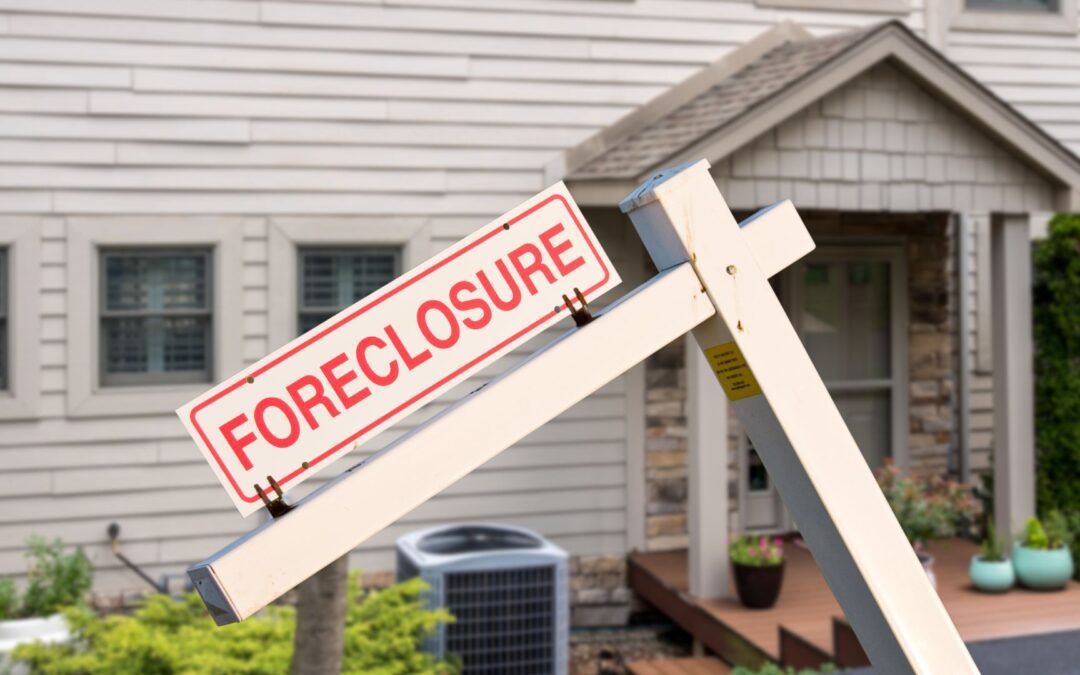Inflation… Layoffs… Price increases… Bankruptcies… Financial crash…
Whether you believe that we are in a recession, we are headed into one, or we’re going into even darker times, you owe it to yourself, your family and your practice to be prepared. Being ready includes practical, financial and mental strategies. Let’s go over the most important ones*.
1. Emergency fund
Now is the time to beef up your rainy-day fund.
Most financial experts recommend saving 3 to 6 months of cash reserves during good times.
In a recession, saving 9 to 12 months may be a safer strategy.
This applies to your personal account, as well as your business account if you are a practice owner.
2. Lower risk
“Moving to cash” is always tricky when the stock market is down (not to mention that we cannot legally give financial advice). Why? Because selling at the bottom is the worst possible idea.
That said, if you invested in speculative assets, or regret some stock picks, now may be a good time to consider rebalancing your portfolio and invest in more predictable investments.
Yes, you will sell some assets at the bottom, but consider these 3 benefits as consolation prices:
- If you invested in a taxable account, you may be able to turn the loss into a tax deduction.
- You will buy more conservative assets at the bottom (since their price is probably lower as well).
- You will sleep much better at night.

3. Pay off debt
Paying 22% interest on consumer debt hurts even more during a recession. So do everything you can to pay it down – or pay it off. You can refer to our blogs about the debt snowball and debt avalanche strategies and decide which one might work best for you.
4. Tame expenses
There are countless tactics to lower your personal or business expenses:
- Stop all “frivolous” expenses. Stay in shape, but maybe the Peloton can wait. Have fun, but maybe purchasing an Imax-sized TV screen can be delayed. Driving to work, rather than riding a bicycle, is of course acceptable, but maybe you can postpone buying that gas-guzzler you “must” own.
- Call every company that sends you a monthly statement, and try to negotiate better prices or better terms: credit cards, loans, subscriptions, Internet, electricity etc.
- Stop useless expenses: is there really a point in paying monthly magazine subscriptions or Animal Planet for your waiting room? Most people over the age of 6 months will stare at their device anyway…
- Analyze your bank and credit card statements alone, with your CPA and/or with your practice manager. Then trim the fat.
- Reduce other expenses: maybe you can put your gym membership on hold, and exercise at home or start running instead.
- Eradicate redundant or elective memberships or subscriptions: streaming services, music apps, print magazines etc.
- Meanwhile, keep your low-interest loans and definitely don’t pay them down. If the interest rate is lower than inflation, that means that you hit the jackpot every month!

5. Invest in yourself
Investing in yourself is great advice in any economy, including a recession. This could mean:
- Learning a new skill or adding letters after your name (I am partial to Fear Free certification)
- Continuing to network with colleagues and mentors. Remember: it’s all about who you know, not (only) what you know.
- Sharpening your mind: learn how to play chess, or learn French, or take on karaoke.
6. Multiple streams of income
Increase your revenue by being creative and open to new ideas:
- Consider getting a second job: pet sitting, relief work, lecturing, writing, ER shifts, consulting, coaching, house calls, mentoring, tutoring…
- Monetize a hobby on Etsy: jewelry, knitting, art…
- Sell items you no longer need: clothes, toys, shoes…
- Barter products or trade services
- Remember the beauty of passive income (e.g. a rental home)
The next challenge is to balance earning enough and not burning yourself out.
7. Boost your credit score
In a crisis, it will be tougher to get loans from banks, especially with a low credit score.
But what if you absolutely need a car loan or a mortgage? Or a business loan? Or a line of credit?
That’s the reason why having a great credit score is so critical.
8. Diversify
A good financial crash is a great reminder that you may not be as diversified as you thought.
You may have small, medium, and large caps stocks; you may have domestic and international funds; you may have exposure to utilities, consumer products, and lumber stocks. Yet, in a profound crisis, virtually all stocks turn red at the same time. That’s not diversification!
So what do you do? Take a beating, like everybody else?
True diversification means investing in assets that are called “non-correlated.” They include:
- Real estate – which by itself includes multiple types of investments. A rental home is a very different animal from a commercial property, which is very different from raw land.
- Oil and gas.
- Businesses, starting of course with a veterinary practice. As you’ve surely heard many times before, some of the most successful businesses were started in the midst of a recession.

9. Prepare on the home front
Could you survive without getting out of your house for a whole week? Two weeks? One month?
By definition, it’s difficult to predict what kind of hardship you might encounter during a profound crisis.
So it is wise to be prepared for anything. There are countless books and free online resources to help you prepare for emergencies without feeling like a paranoid conspiracy theorist.
Here are a few suggestions – based on past situations that have actually happened in the US or abroad:
- Power outages: have candles and matches, or even better, flashlights and batteries. Ensure ways to keep warm or cool depending on the season and your location.
- Bank closures and empty ATMs: have enough cash on hand (small bills are more practical than Benjamins) (and gold bars) (and your Picasso paintings).
- Food: have a generous supply of non-perishable food. Learn easy recipes. Consider growing crops, either in your yard, a balcony, a windowsill or even indoors.
And don’t forget pet food (and litter)!
- Life-savers: stock up on toilet paper, paper towels, feminine products and wipes.
- Kids: if you have young kids, stock up on essentials such as diapers and age-appropriate food.
- Water: store plenty of water, both to drink and to wash.
- Pharmacy: get extra medications for yourself, your family and your pets.
- Other suggestions: have an emergency kit in each car. Keep a first aid kit at home. Learn how to use jumper cables.
10. Keep a positive mindset
Your view of the world, your philosophy about Life and your mindset going into a recession are dramatically important. Just think of the people you hang out the most with: some are likely always optimistic while others are always pessimistic. In which camp are you?
- Practice gratitude. Chances are, vets and techs won’t be the worst off during a crisis. It could be worse!
- Take care of your brain and your body.
- Meditate, walk your dog, enjoy Nature.
- Learn what lowers your stress level.
- Learn how to become resilient, how to have grit and how to be mentally tough. There are lots of best-selling (audio)books to grow these skills.
- Don’t spend your time listening to “news” channels. Sadly, nothing positive will come out of them.
- Stay connected to family members, mentors and true friends. Deep connections are essential in tough times.
- Monitor your thoughts and internal dialogue. Stay positive and hopeful.
- Focus on what’s right in the world.
- Be on the lookout for opportunities – they are always there.
Even though people often say that “vet med is recession-proof” or “recession-resistant,” it’s important to understand what it truly means.
Say your revenue declines 10% as more and more clients are affected by the recession.
Meanwhile, you still need to pay your bills (rent, insurance, loans, COGS, payroll, lab fees …).
So proportionally, your profit margin will drop.
If your practice operates with 5 to 10% profits, you could end up in the red.
And if you try to sell your practice during a recession, you may sit on a practice you just can’t sell. The recession made it worthless in the eyes of a buyer.
However, if you play your cards right and follow our humble suggestions, there is a chance you will come out of the recession unharmed, or possibly stronger.
Phil Zeltzman, DVM, DACVS, CVJ, Fear Free Certified
* This blog was loosely inspired by an article by Kim Butler, financial adviser and author in Texas.

